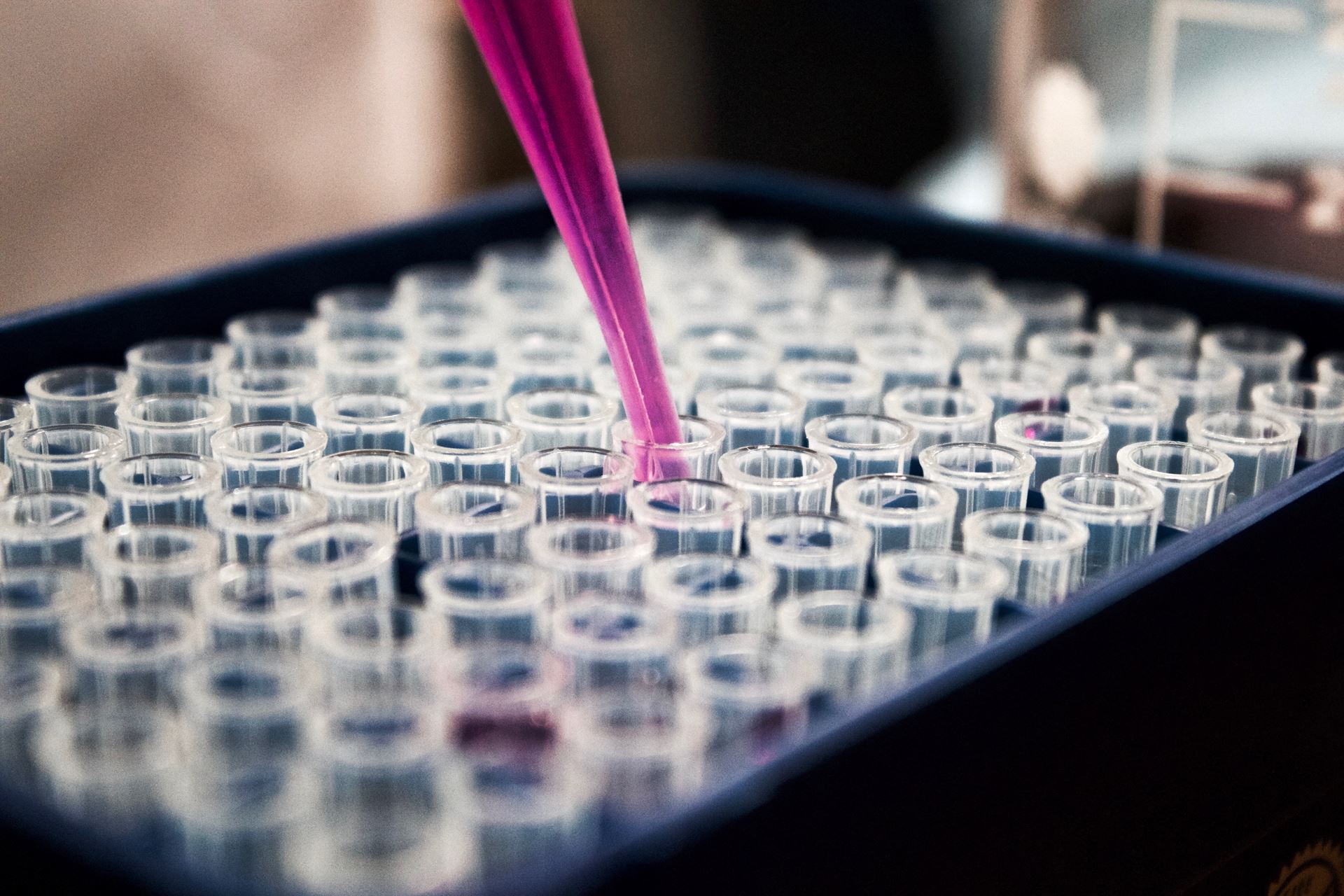Test Results
Results Of Tests And Investigations
The result of the cervical smear test will be sent to you by post by the hospital laboratory as soon as it becomes available. For the results of other investigations please ask the doctor or nurse when they are likely to be available and contact the surgery at the appropriate time. Obtaining these results is the responsibility of the patient. Please note. The results should include any extra details the doctor would like you to do such as repeat in 3/6 months times, see GP routinely, etc.
It would be appreciated if calls for results could be made after morning surgery.
Please note that we do have a strict policy regarding confidentiality and data protection. In this respect we will only give out results to the person they relate to unless that person has given prior signed authority for their release or if they are not capable of understanding them.
Please note you are now able to register to view your test results online through Patient Access. Please contact the reception team for further details. If you have already signed up for Patient Access to request your repeat prescriptions and want to extend your access to include test results and aspects of your medical record please contact the reception team for further information.

Blood Tests
A blood test is when a sample of blood is taken for testing in a laboratory. Blood tests have a wide range of uses and are one of the most common types of medical test. For example, a blood test can be used to:
- assess your general state of health
- confirm the presence of a bacterial or viral infection
- see how well certain organs, such as the liver and kidneys, are functioning
A blood test usually involves the phlebotomist taking a blood sample from a blood vessel in your arm and the usual place for a sample is the inside of the elbow or wrist, where the veins are relatively close to the surface. Blood samples from children are most commonly taken from the back of the hand. The childs hand will be anaesthetised (numbed) with a special cream before the sample is taken.
You can find out more about blood tests, their purpose and the way they are performed on the NHS Choices website.
X-Rays
An X-ray is a widely used diagnostic test to examine the inside of the body. X-rays are a very effective way of detecting problems with bones, such as fractures. They can also often identify problems with soft tissue, such as pneumonia or breast cancer.
If you have an X-ray, you will be asked to lie on a table or stand against a surface so that the part of your body being X-rayed is between the X-ray tube and the photographic plate.
An X-ray is usually carried out by a radiographer, a healthcare professional who specialises in using imaging technology, such as X-rays and ultrasound scanners.
You can find out more about x-ray tests, how they are performed, their function and the risks by visiting the NHS Choices website.
Page created: 02 January 2020
